Instituição Proponente: IST
Unidade de Investigação Principal: ISR
LARSyS Plurianual Budget
PEst-OE/EEI/LA0009/2011



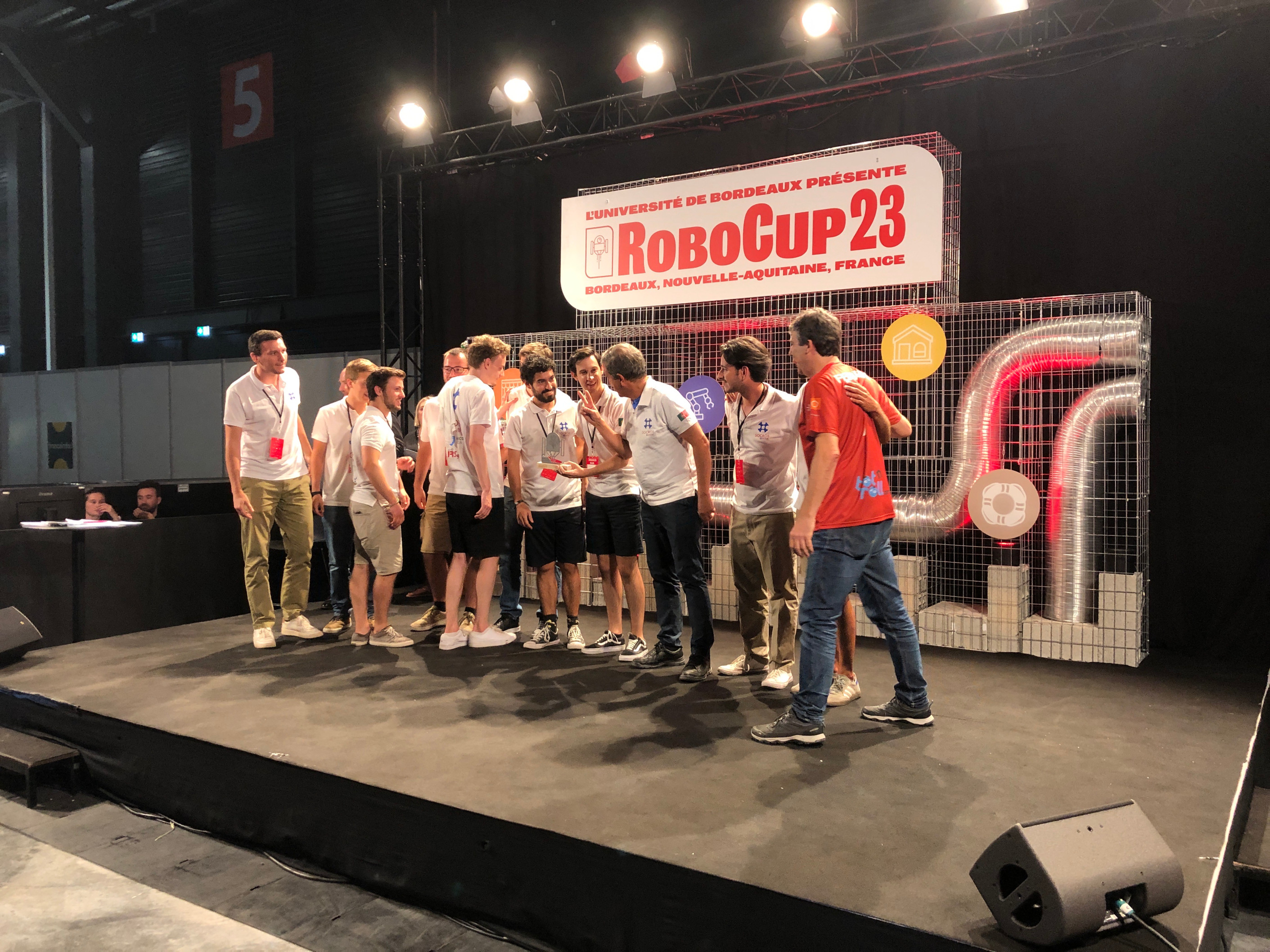
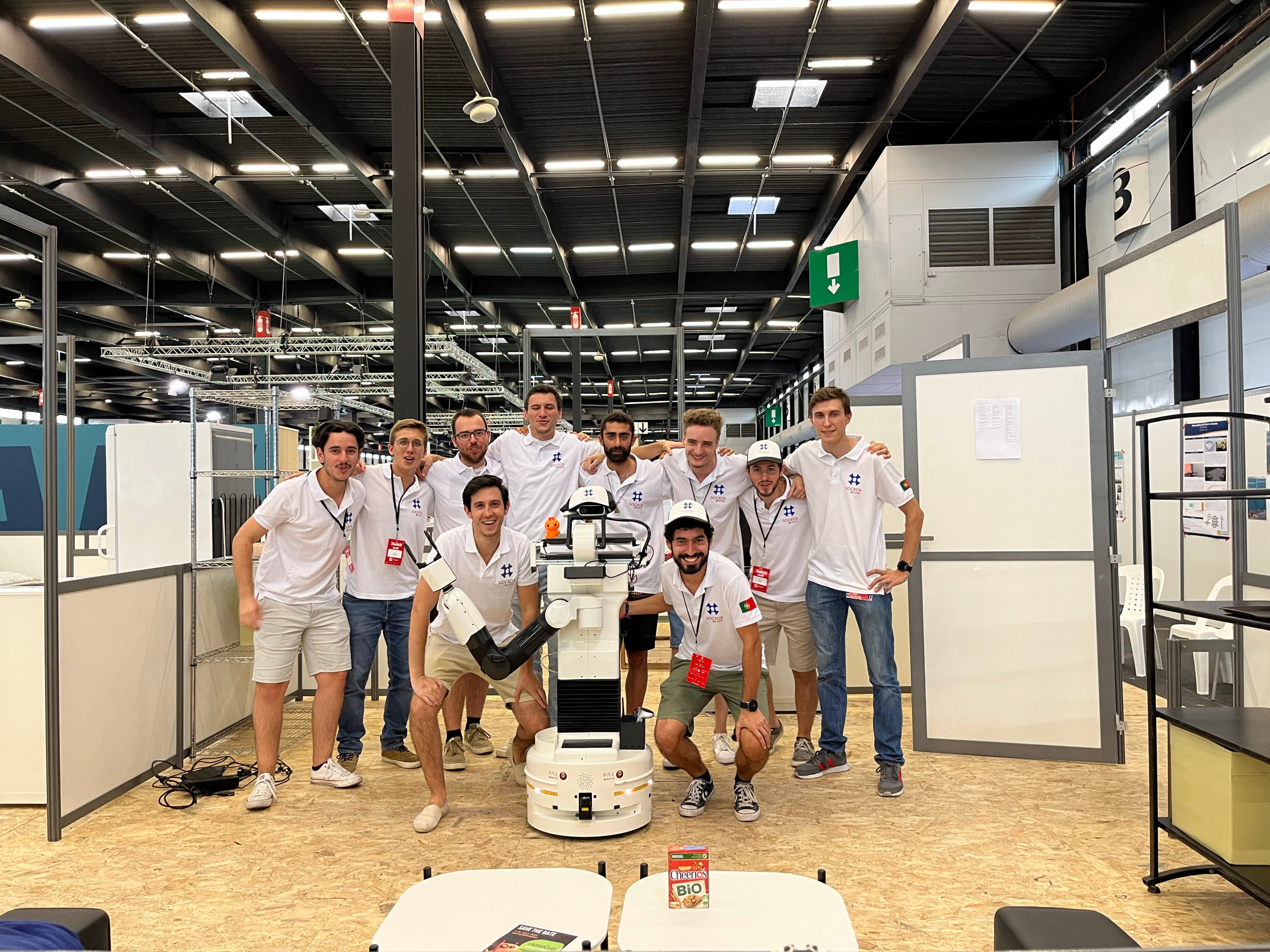
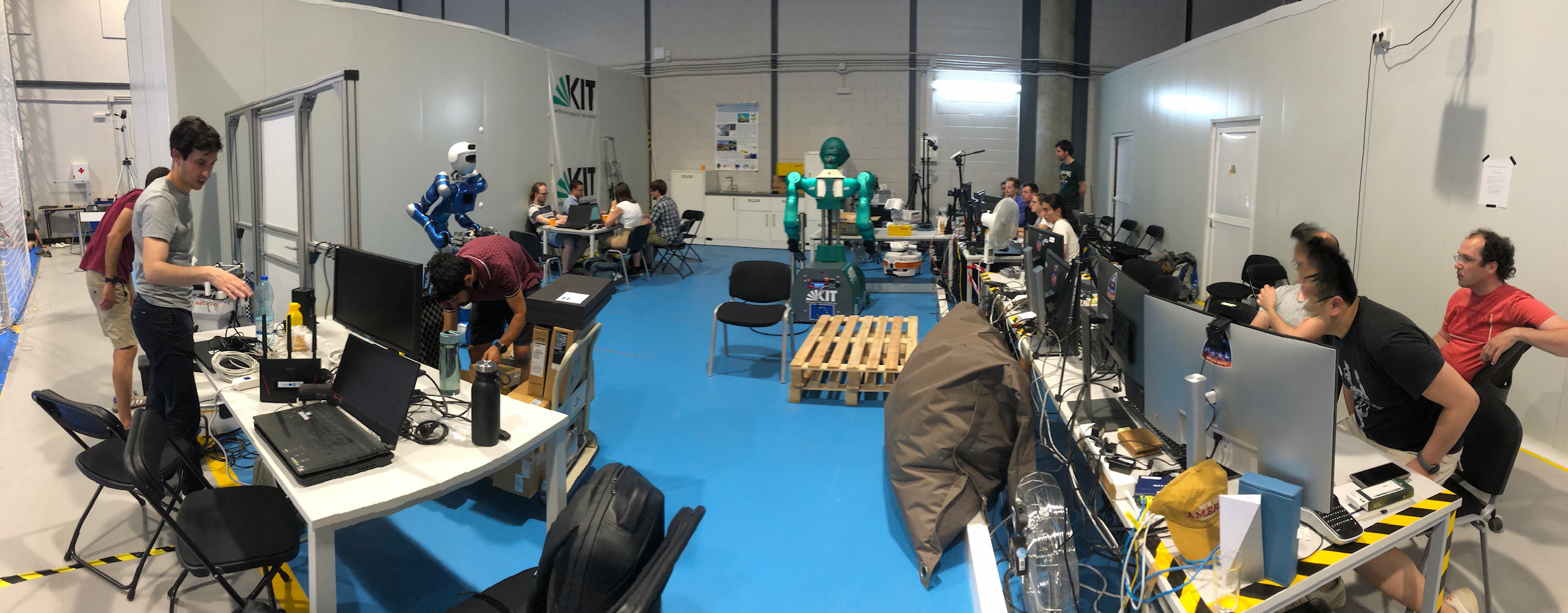
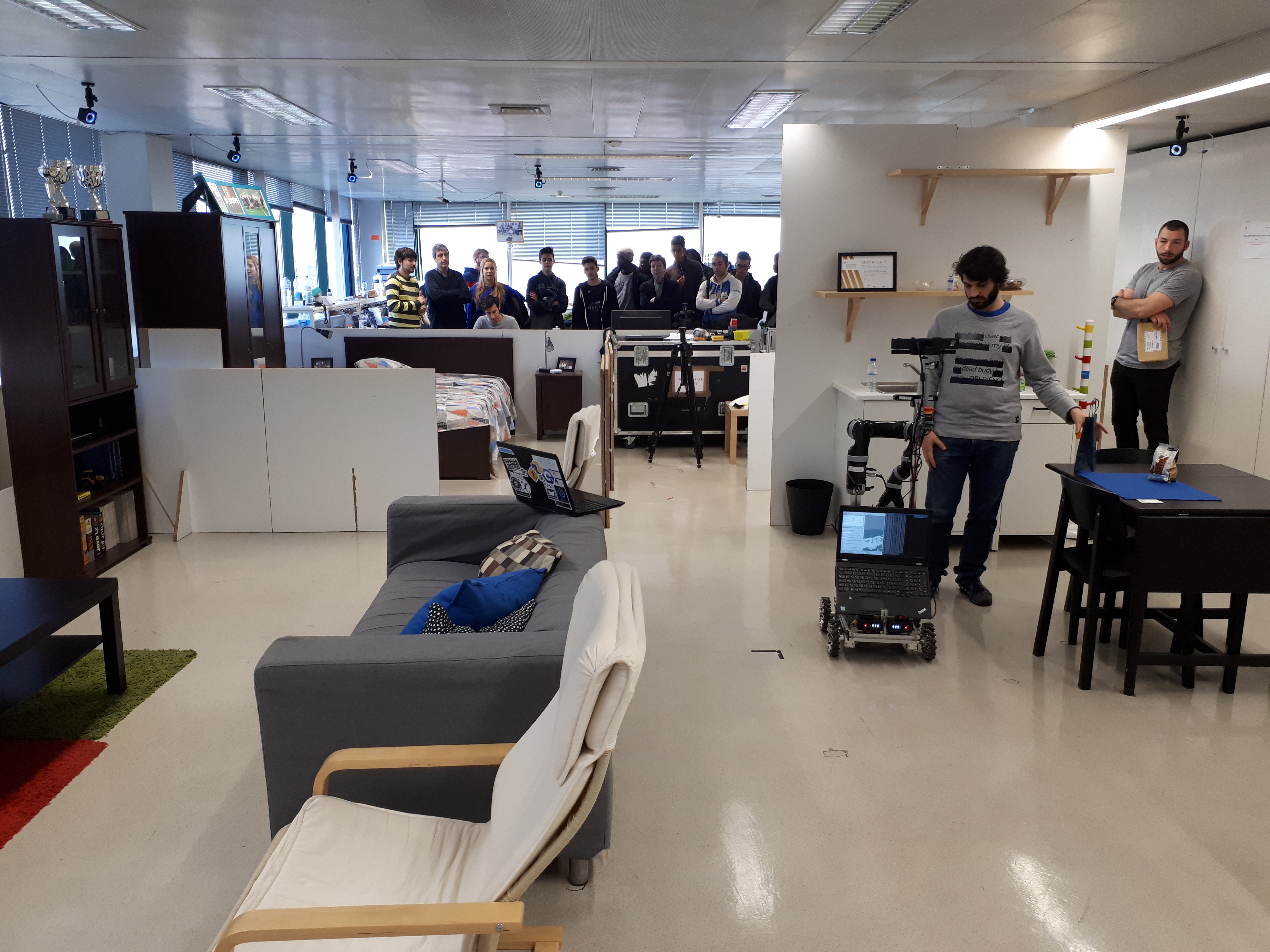
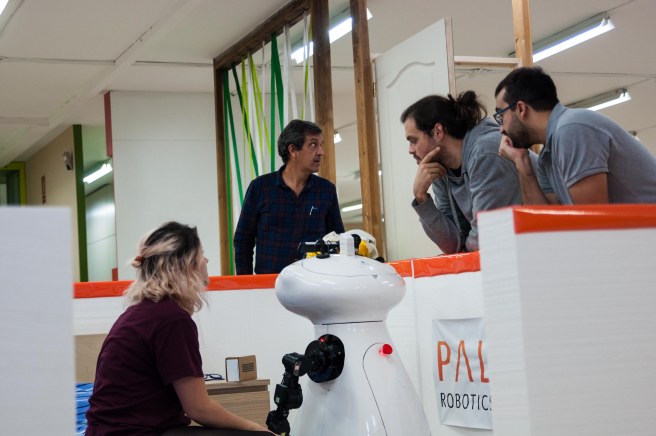
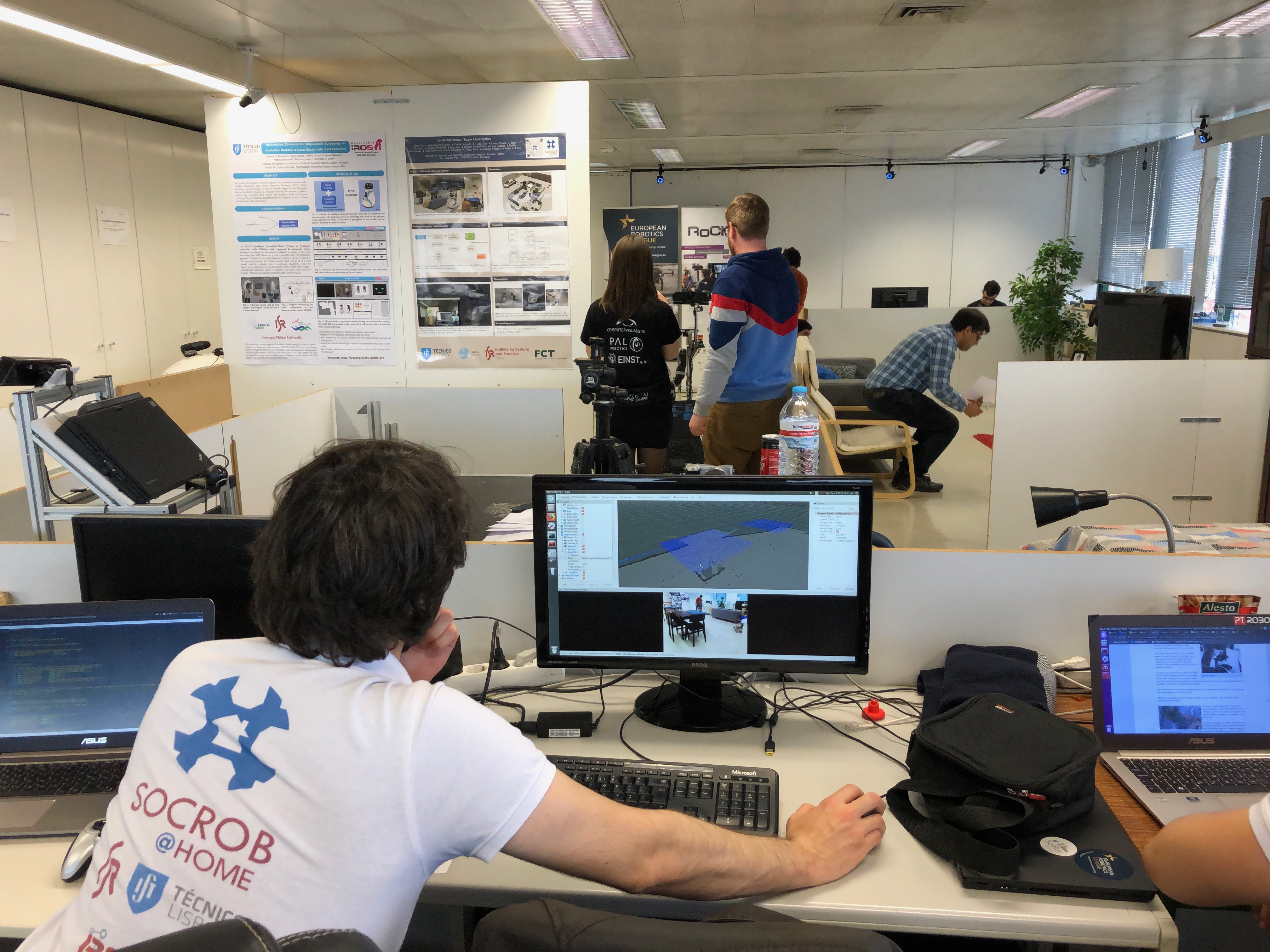
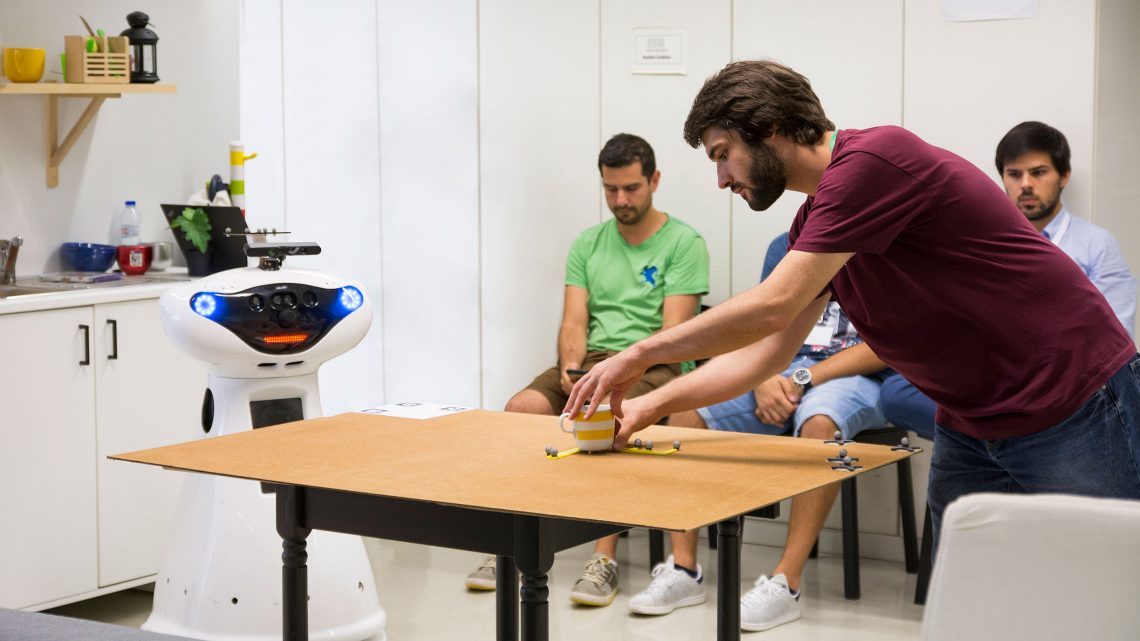
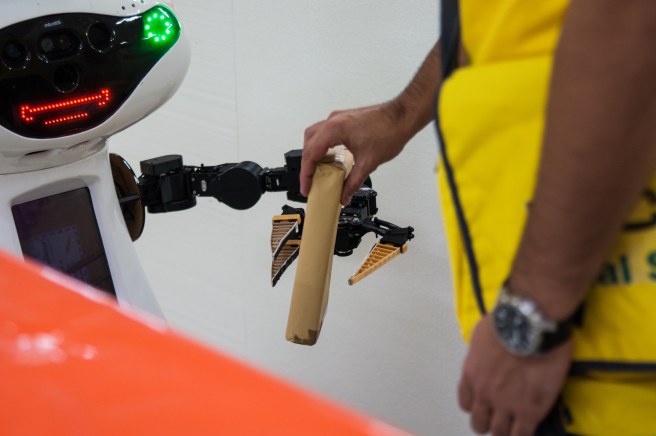

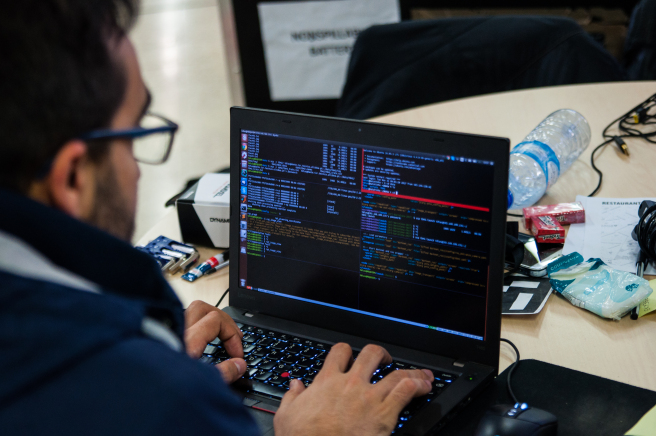
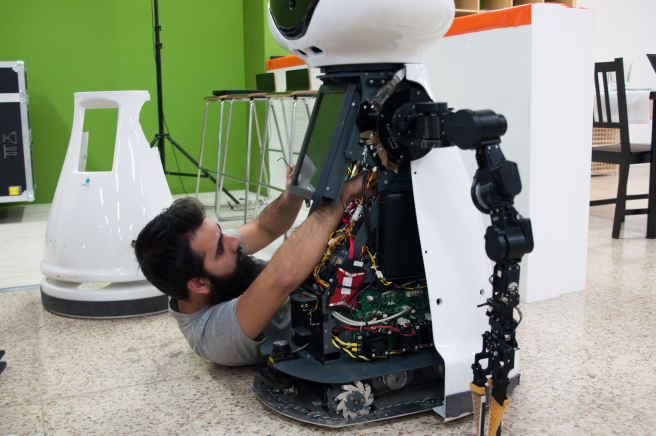
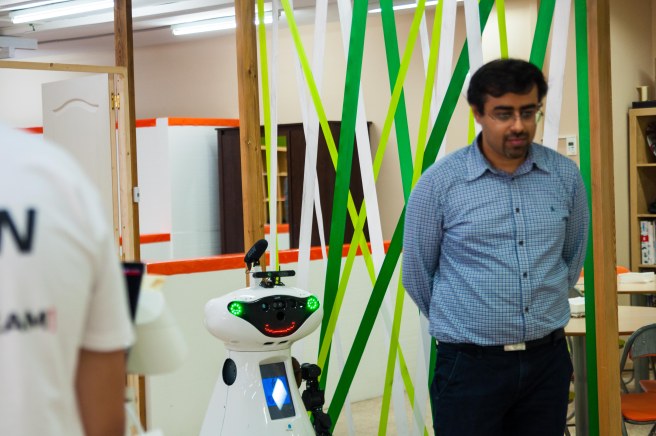
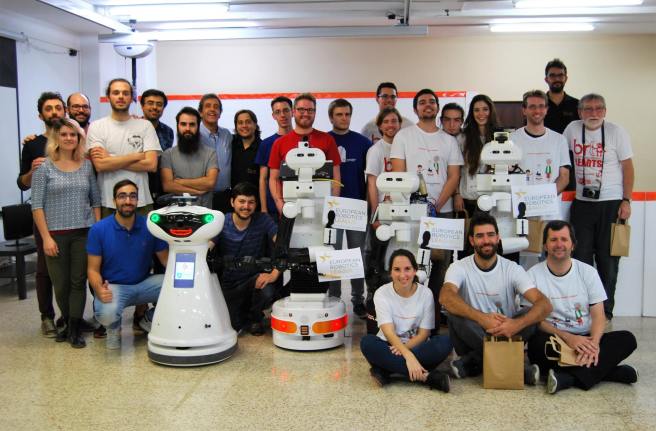
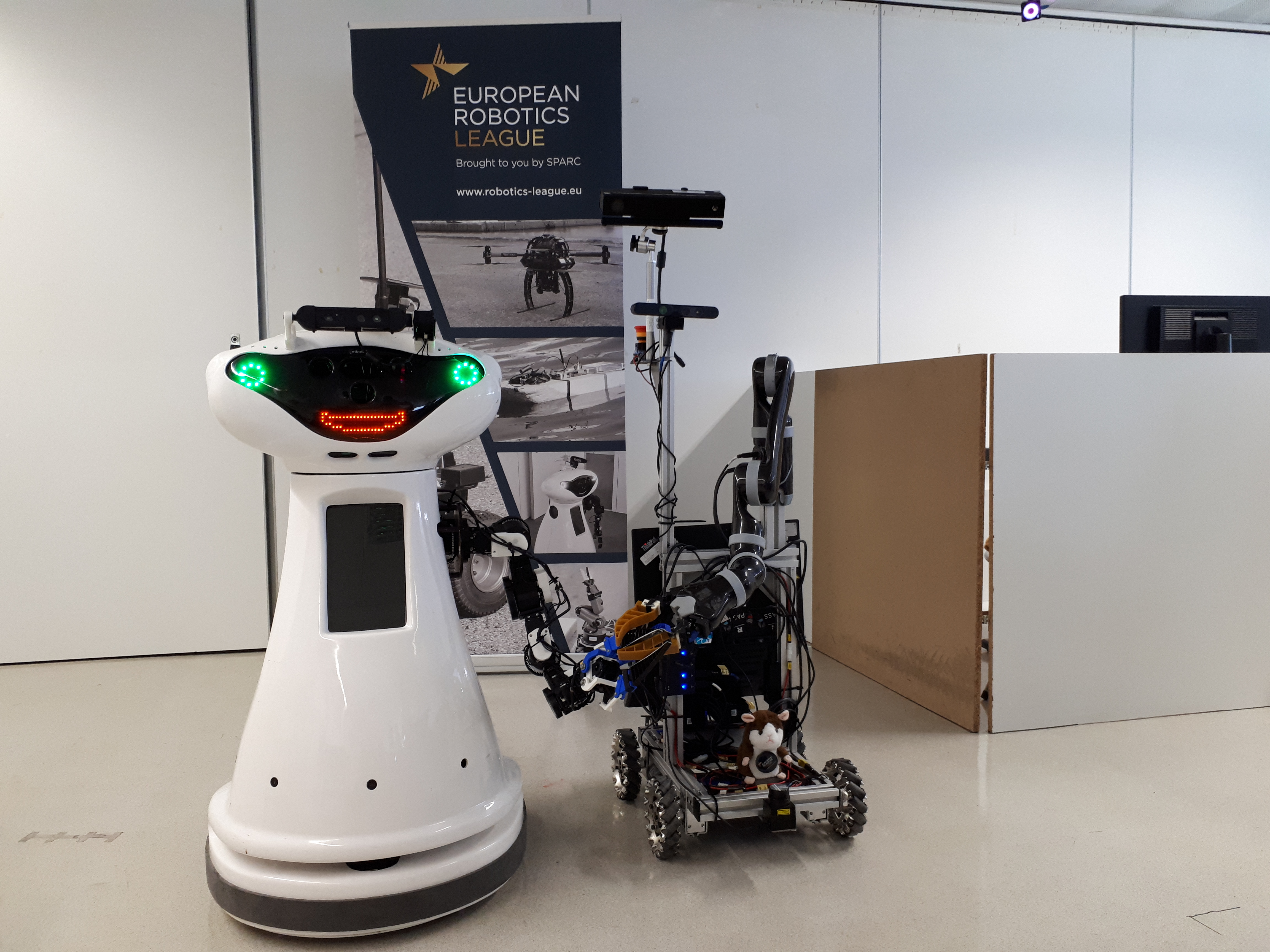
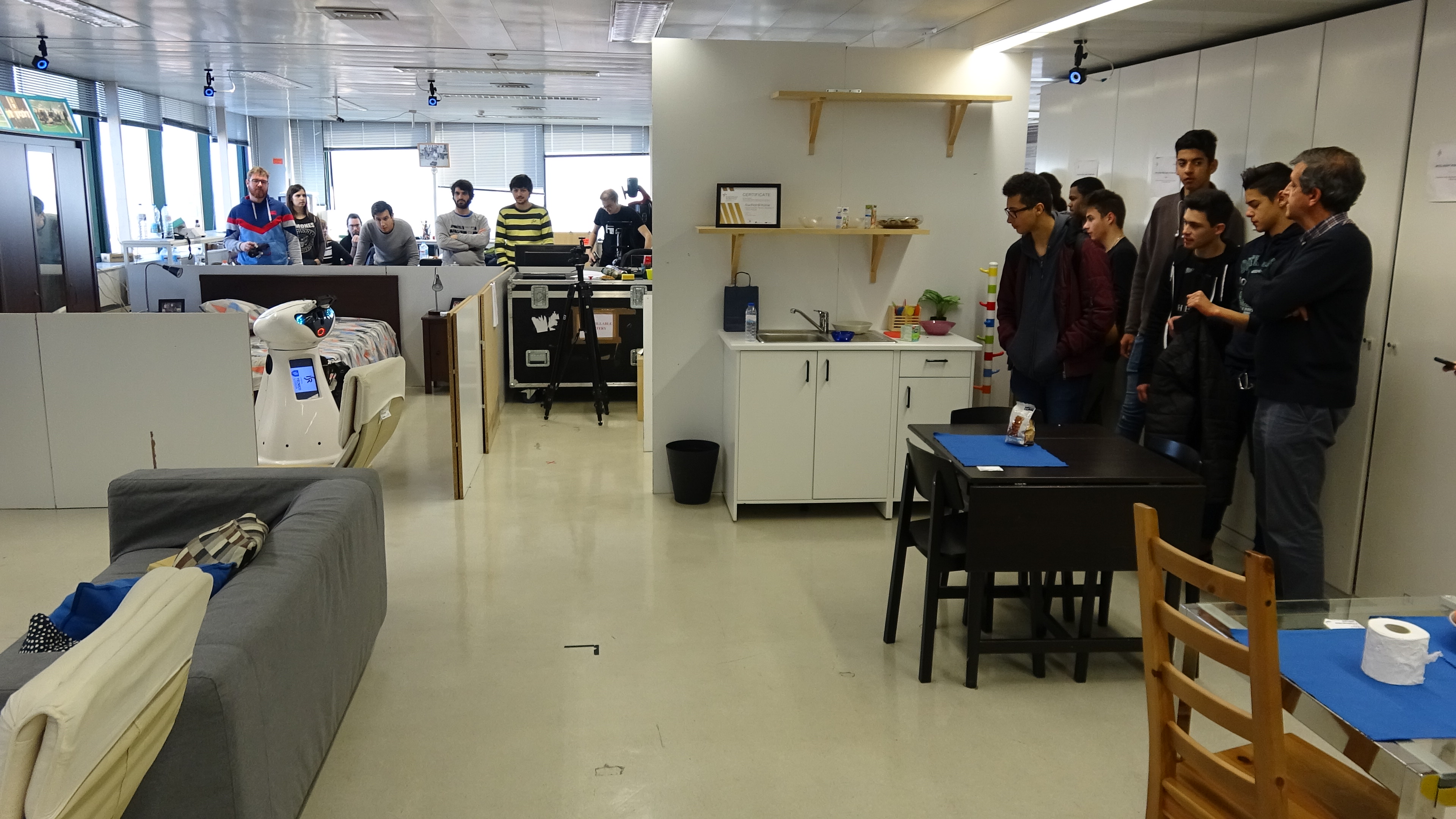

SocRob@Home is an active team of SocRob, a long-term project at Institute for Systems and Robotics from Instituto Superior Técnico, which encompasses a broad range of efforts towards a team of robots to perform tasks, with a particular focus on the participation in scientific competitions.
This page tells the project history until 2024. For 2024 and later, check the new web page of the project.
The Intelligent Robots and Systems research group of the Institute for Systems and Robotics coordinated a major EU funded project directly related to human-robot interactions and social behaviours. The MOnarCH project aimed to provide a set of autonomous robots with the capabilities of performing tasks to entertain kids with health issues (more specifically, cancer) from Instituto Português de Oncologia Francisco Gentil in Lisbon (IPO).
After that, from 2013 until 2015, the EU funded project RoCKIn, in collaboration with five other partners, encompassed a set of competitions related to domestic and work environments, which were organized to test new benchmark methods for evaluating challenging aspects of state-of-the-art robots
The legacy of these two projects, plus the challenge to find a domestic solution for robotics convinced us to gather and form a unique team, highly motivated and ready for the challenges to come!
The team is comprised of students and researchers related to robotics. From Post-Docs to MSc students on a voluntary basis, all of them contribute hand-on to the project. Check former members here
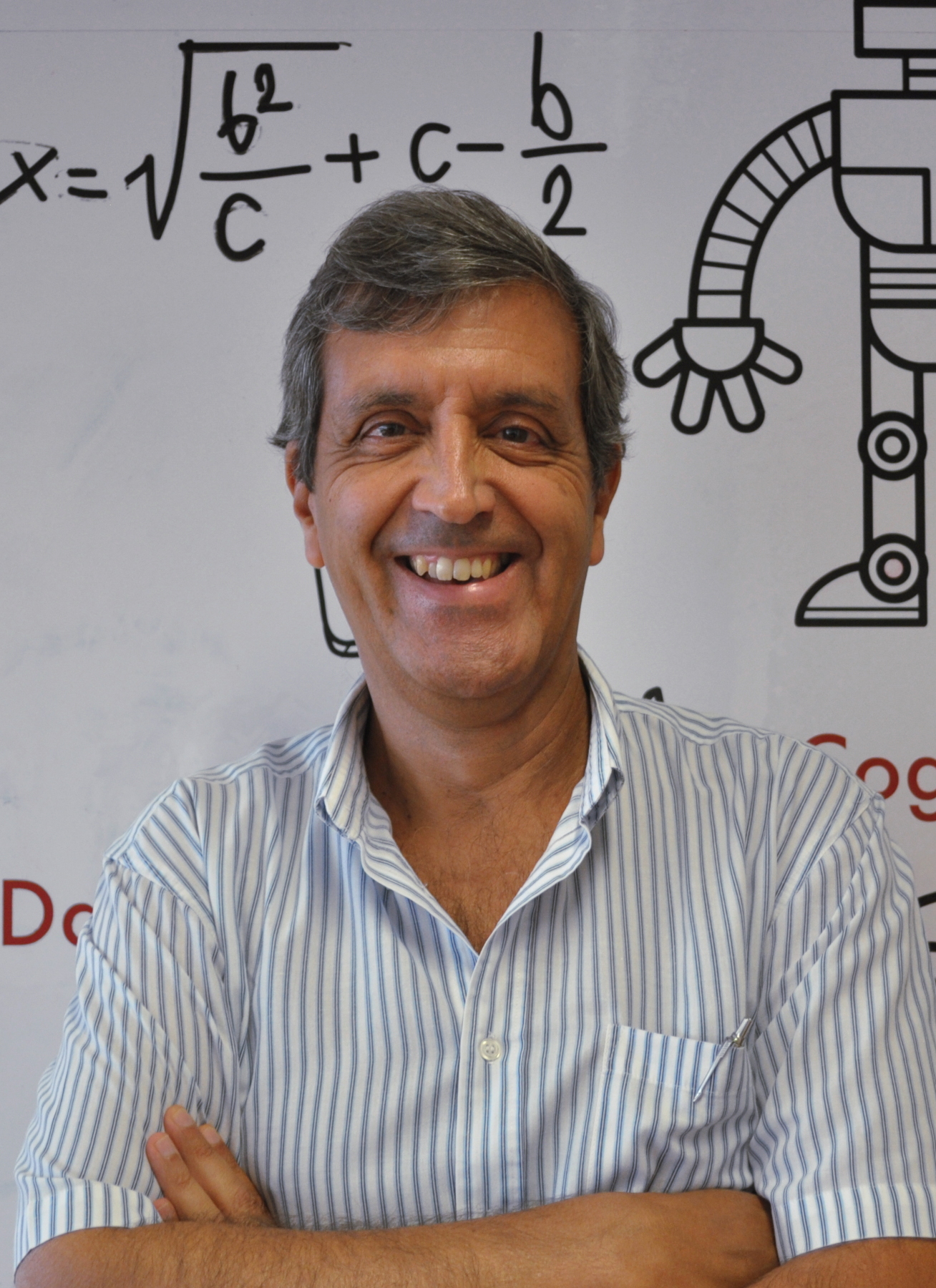
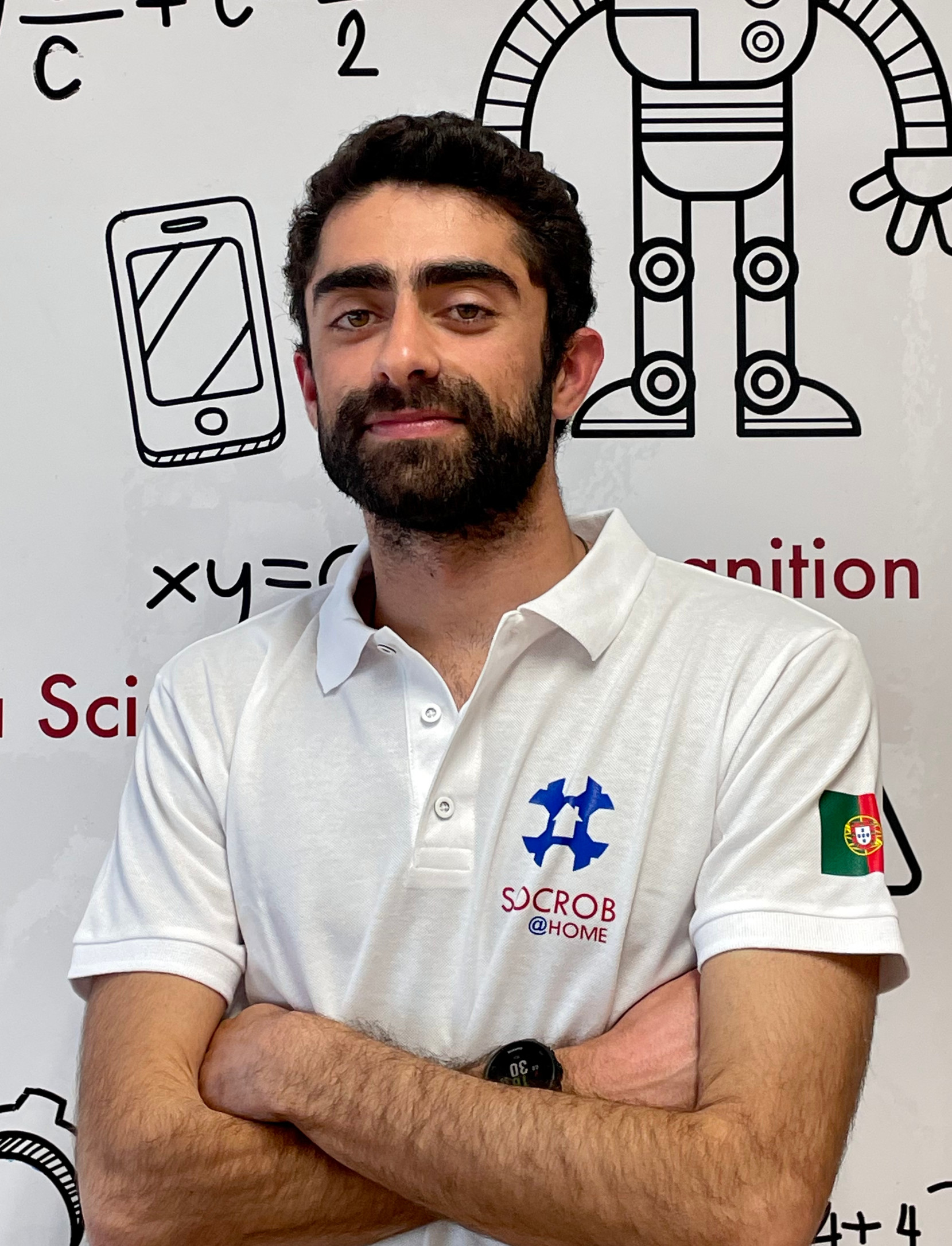
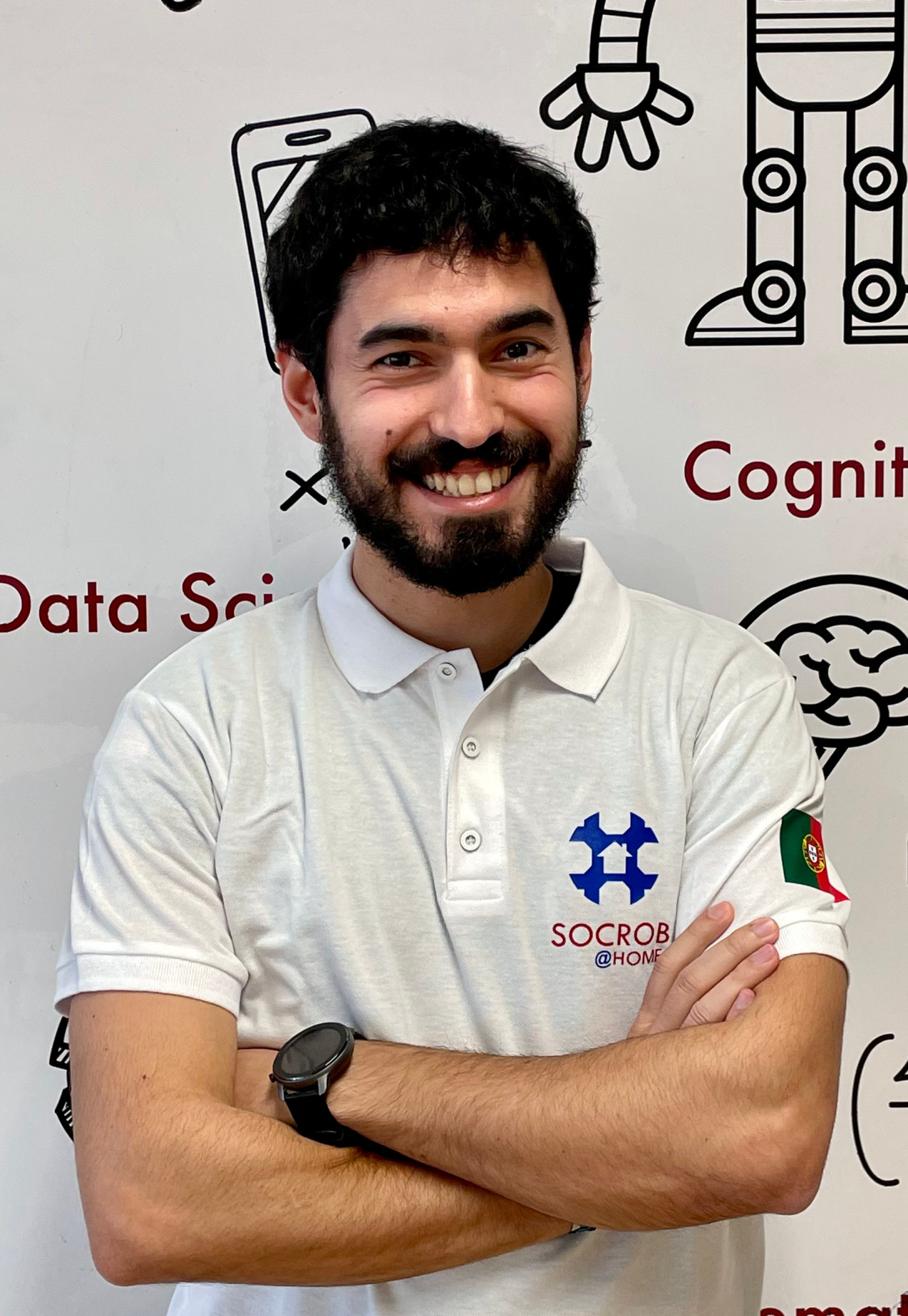
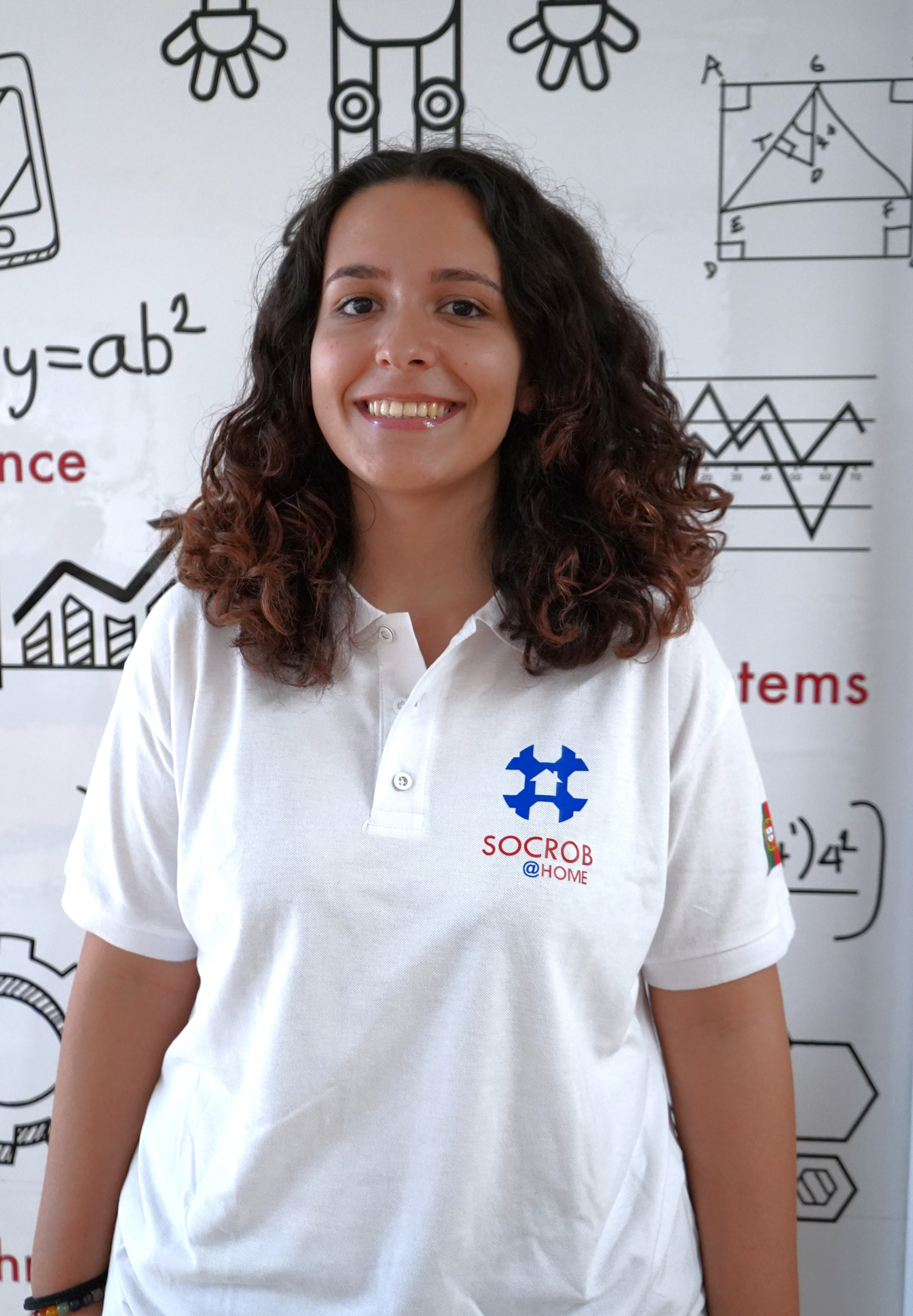
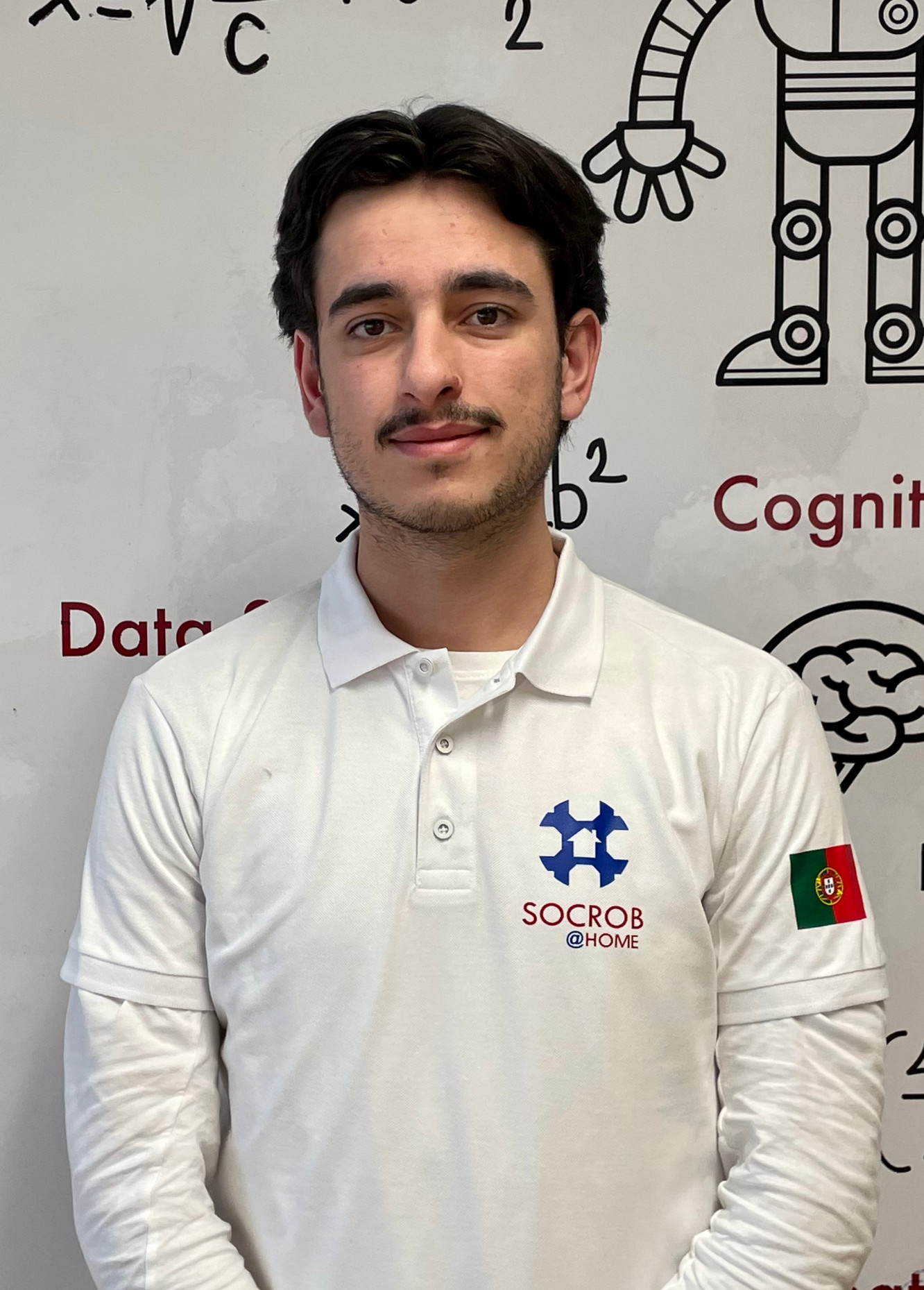
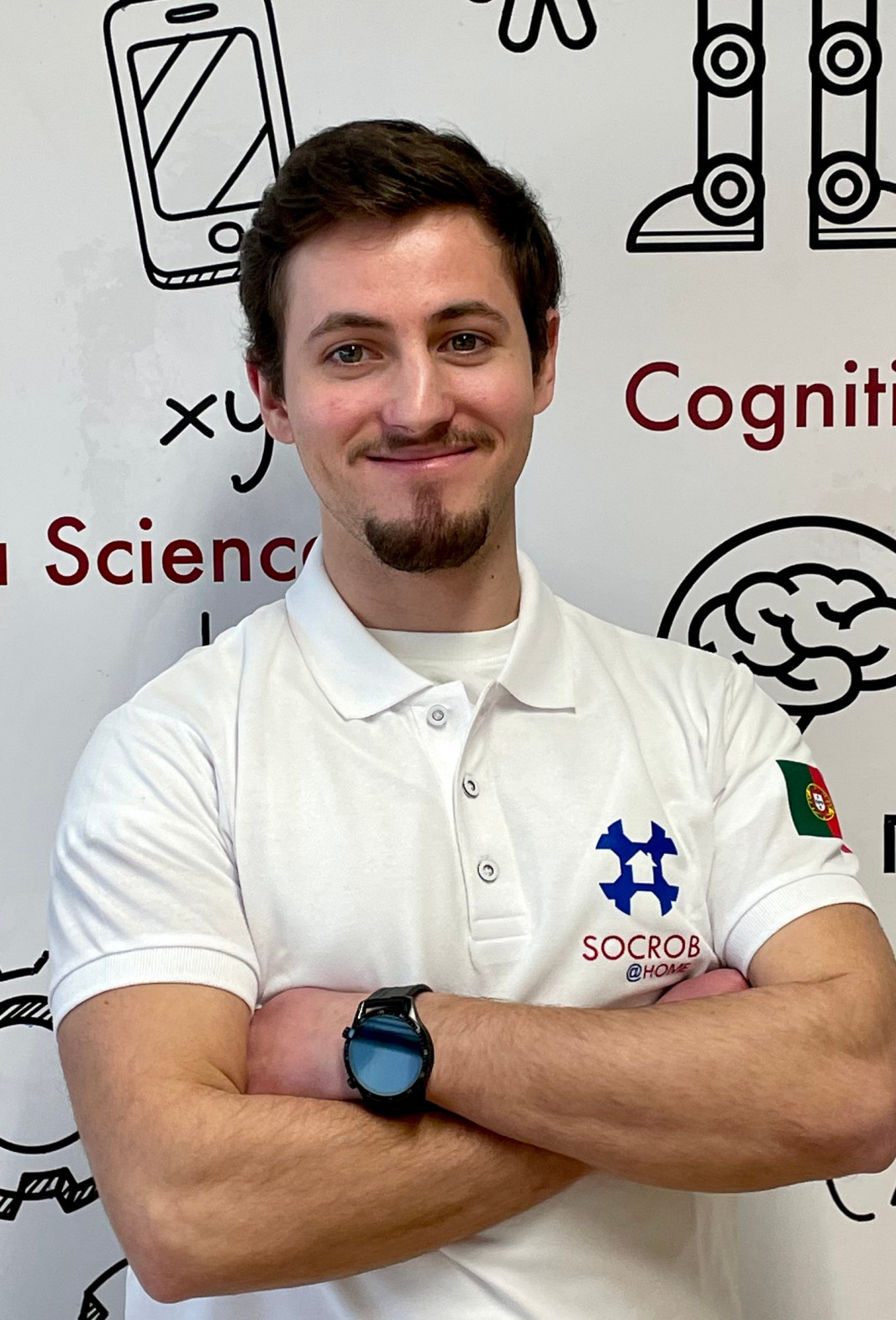
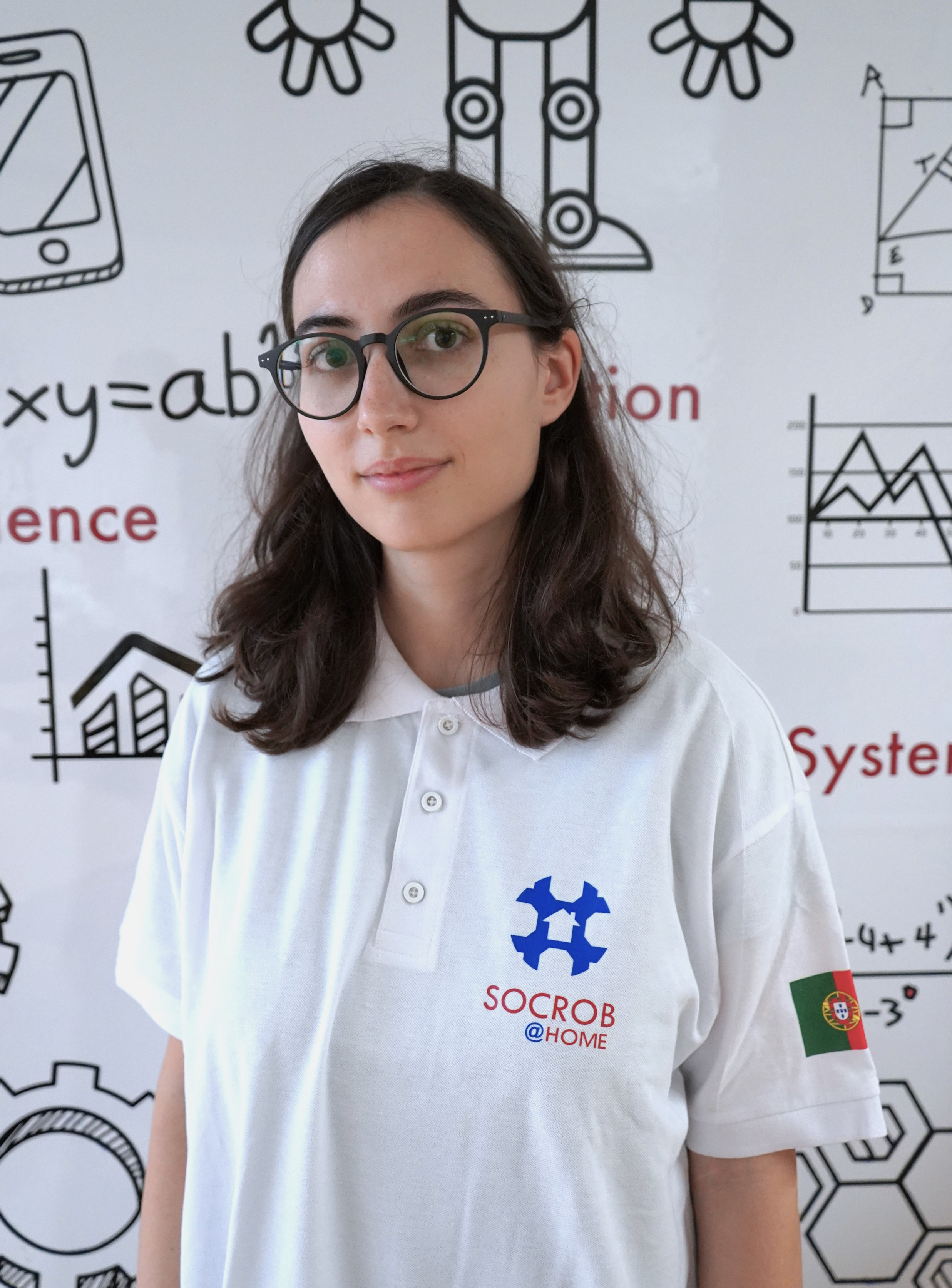
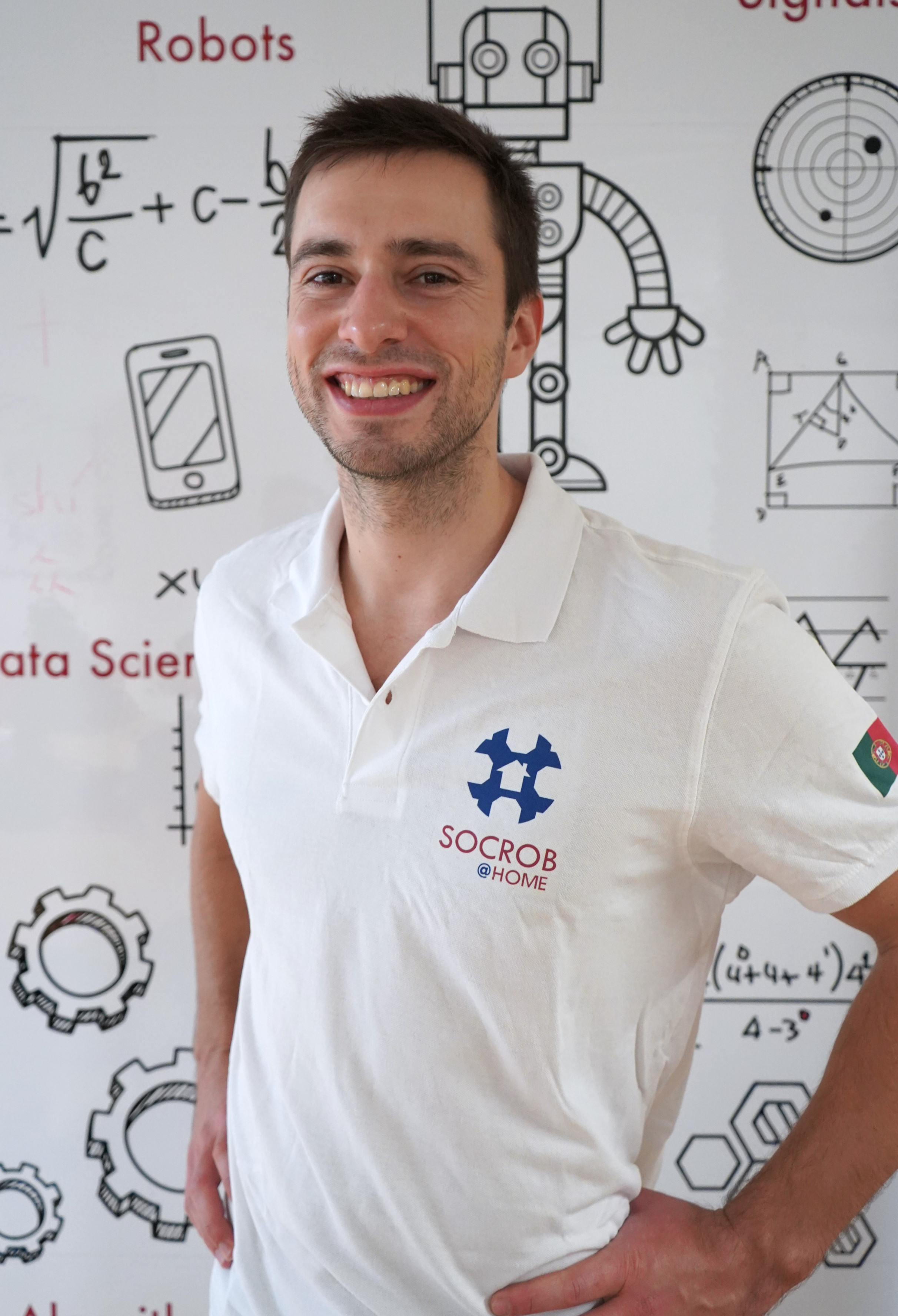
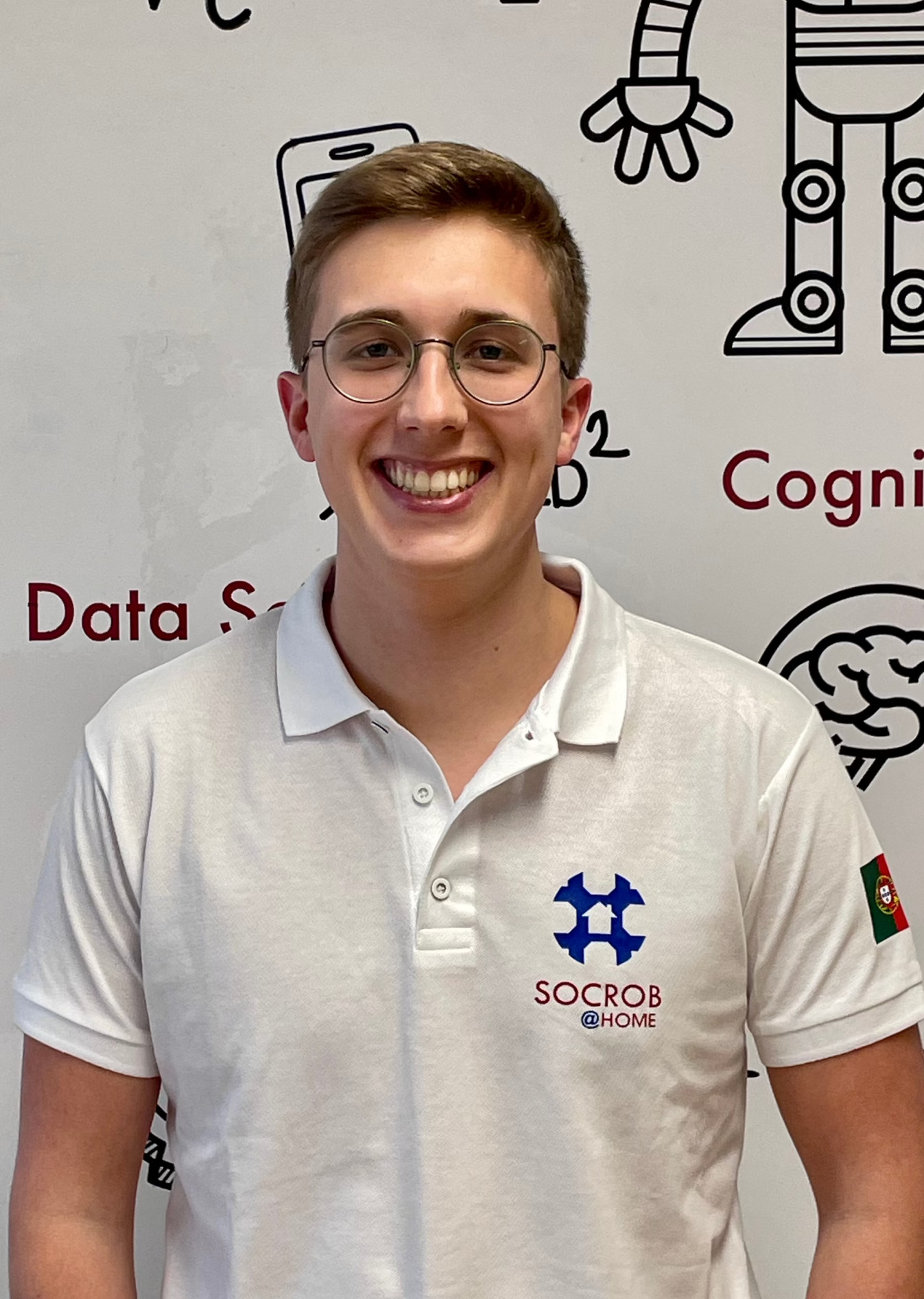
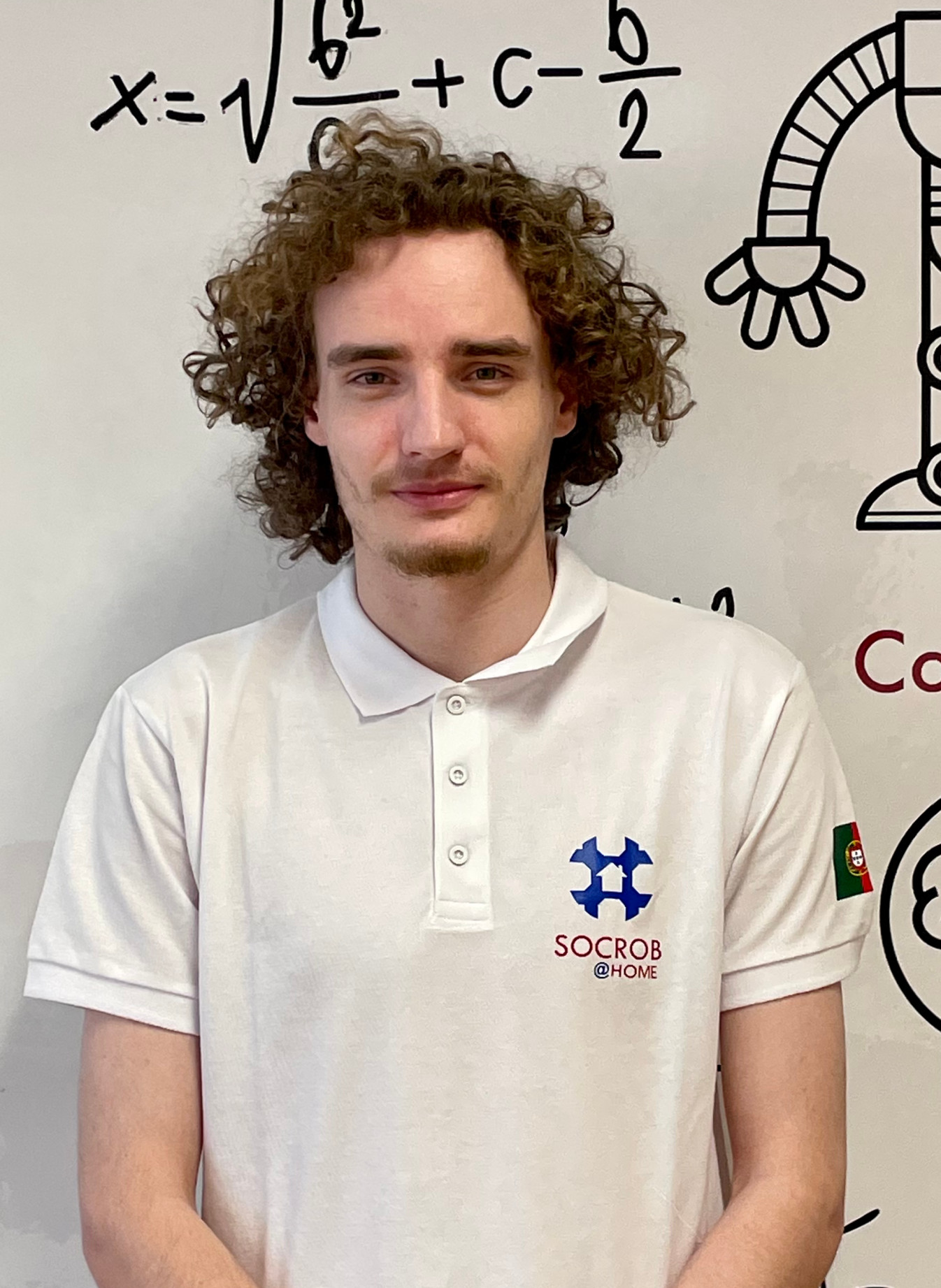
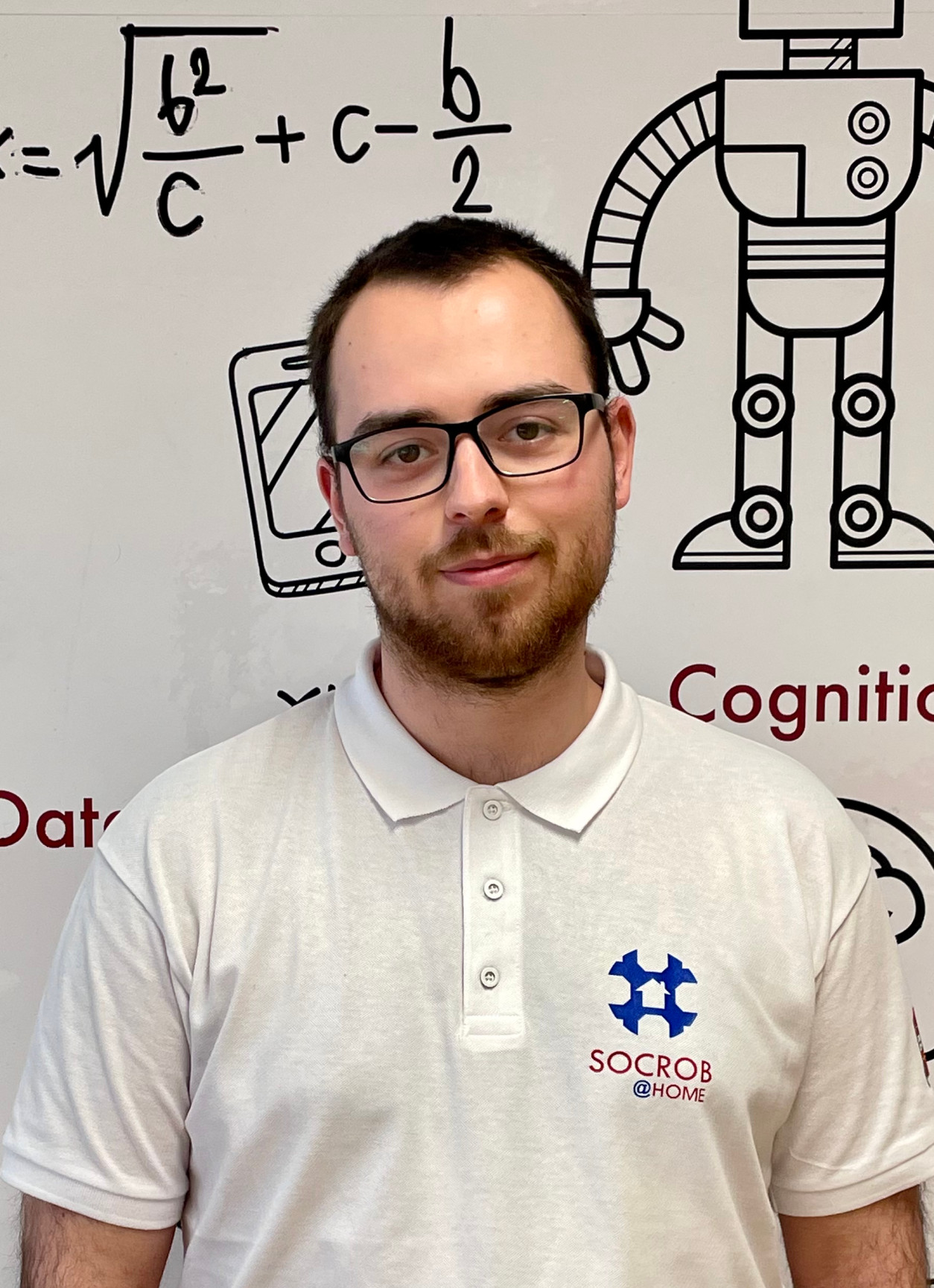
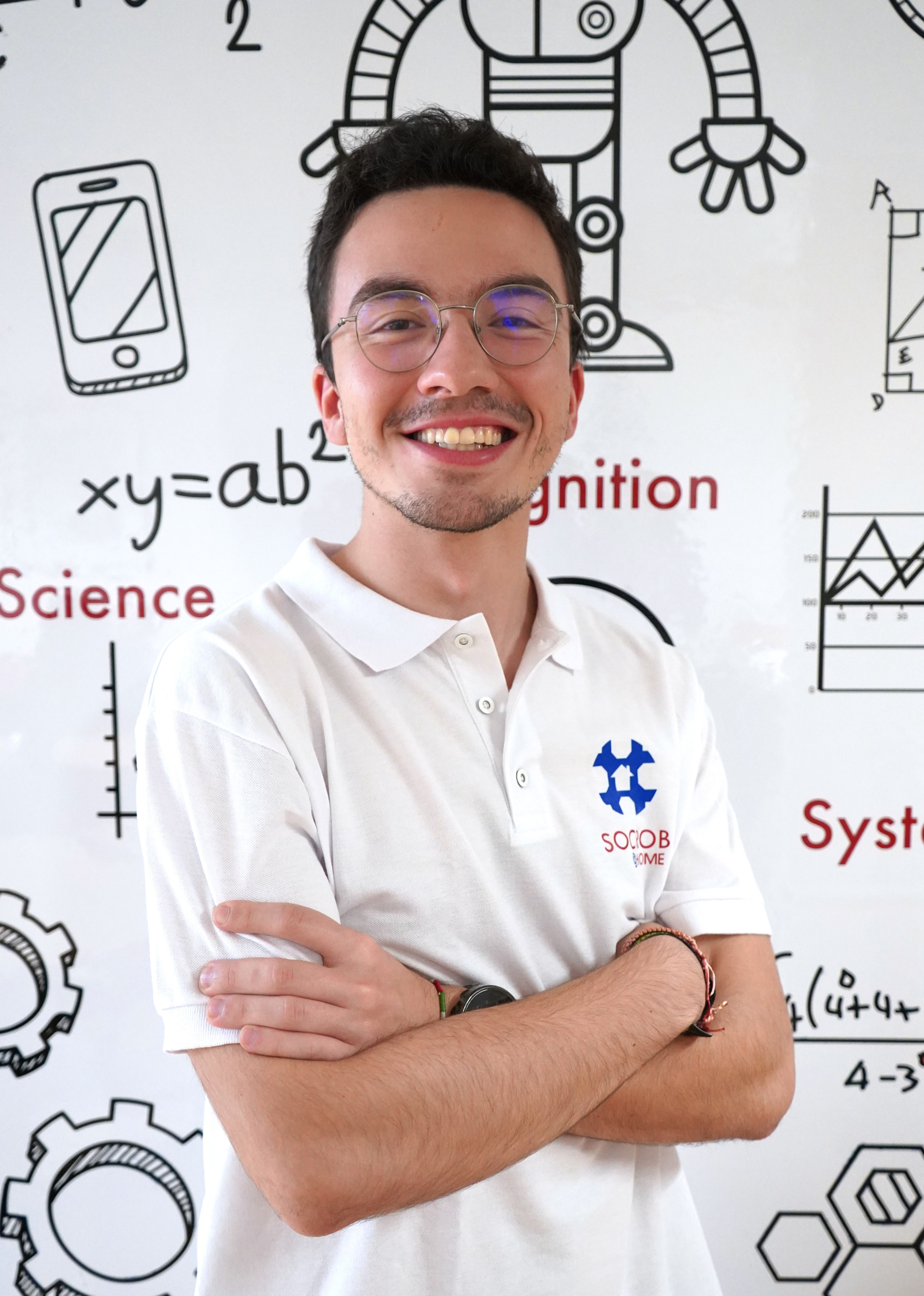
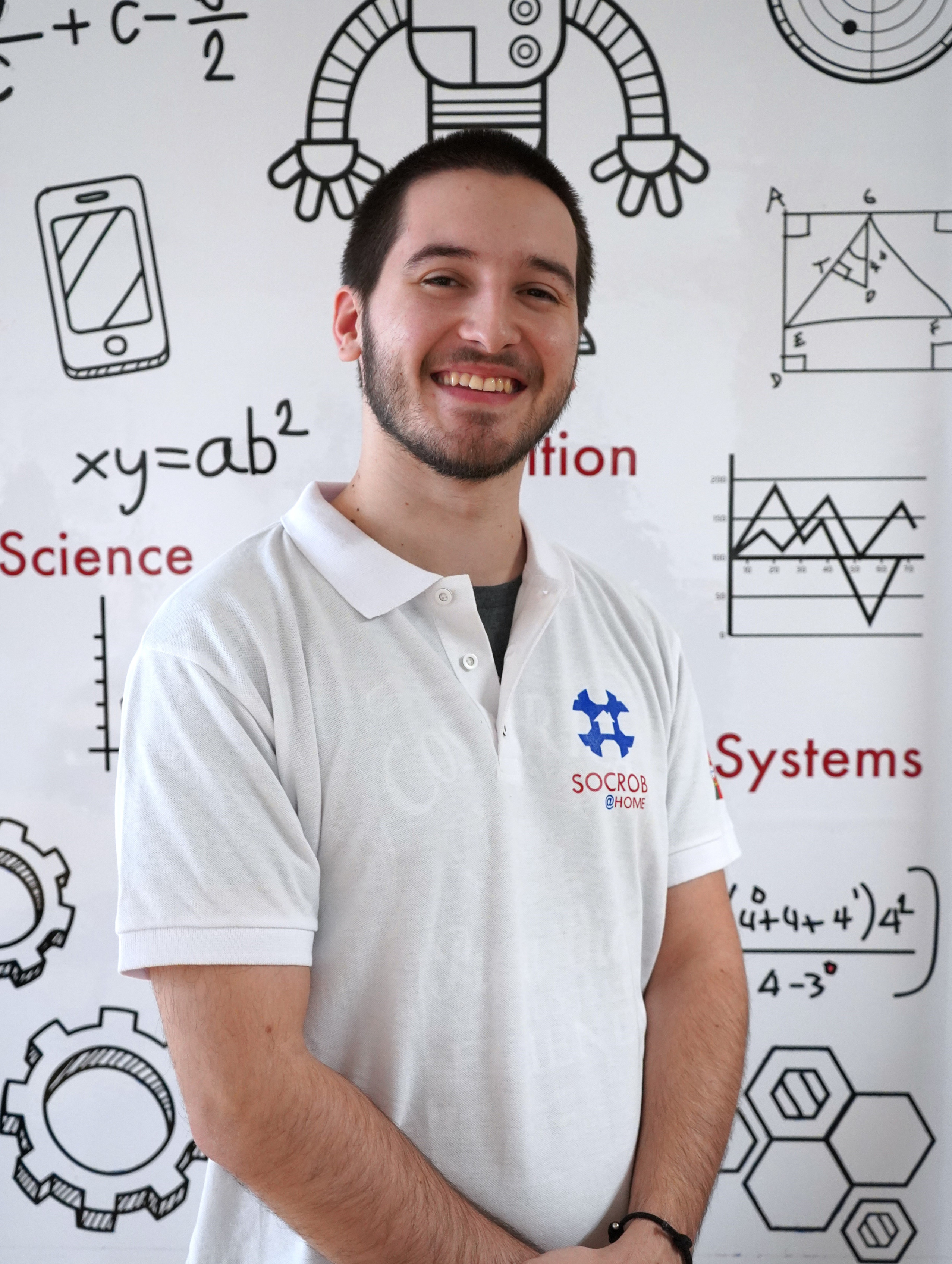
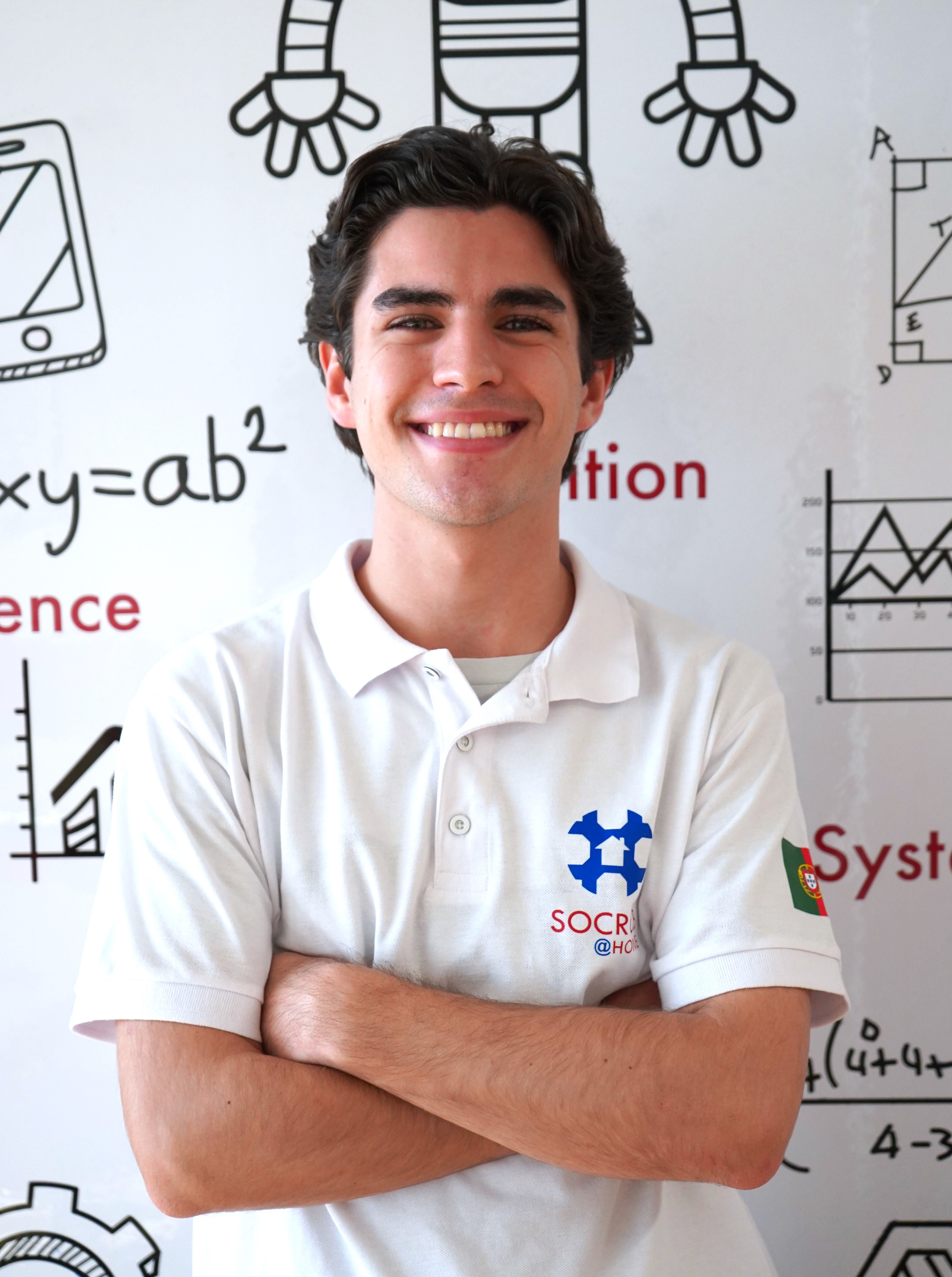
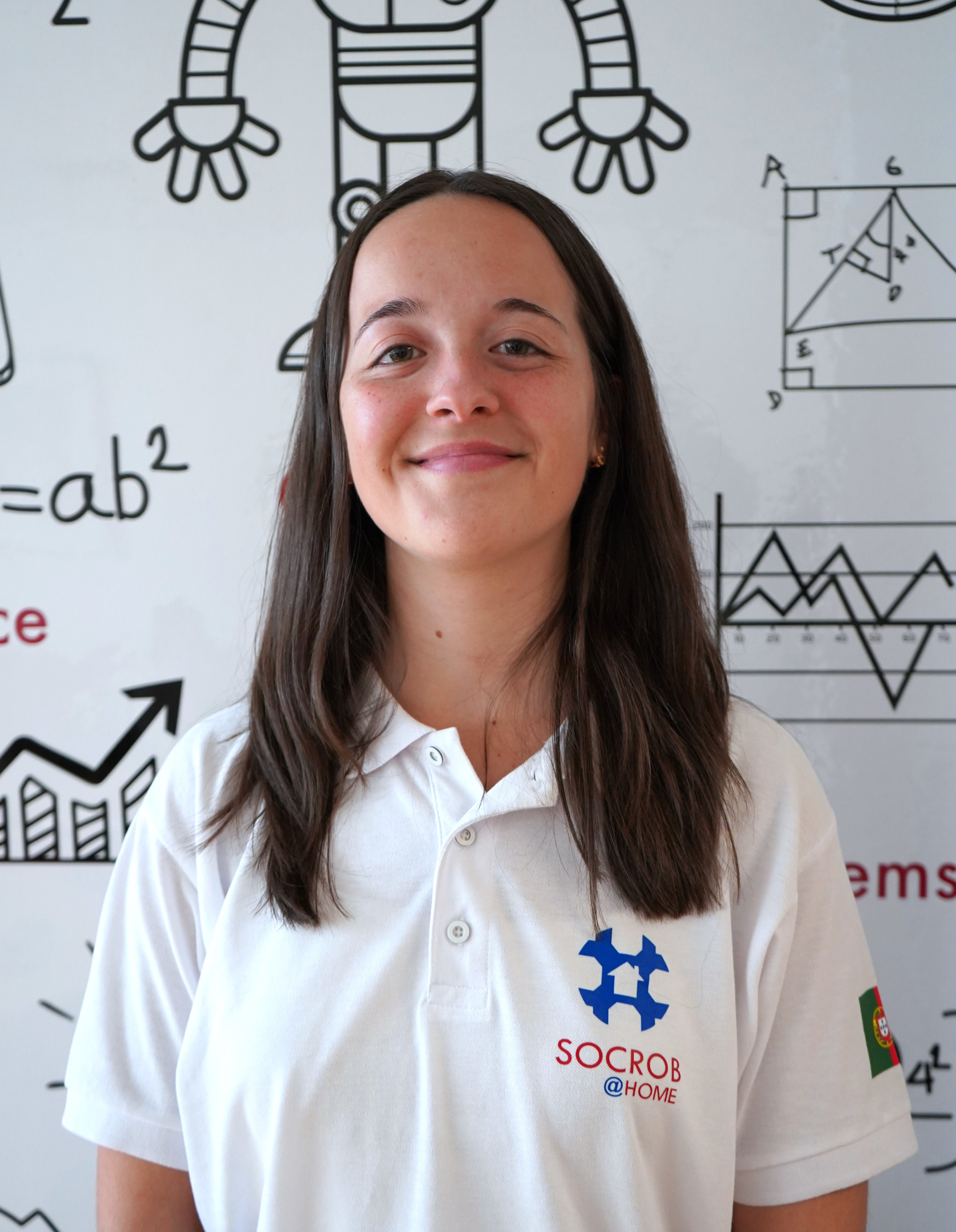
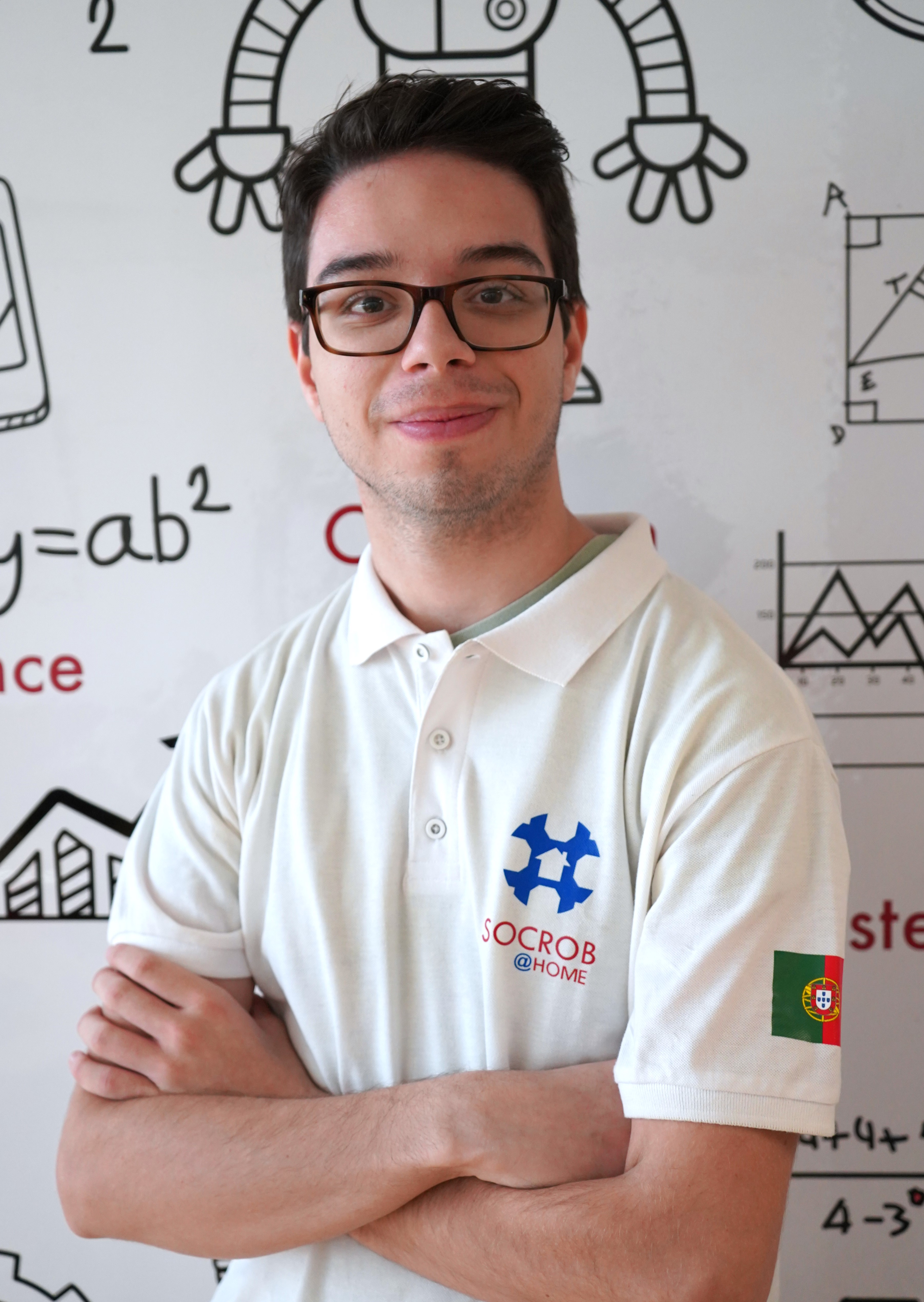
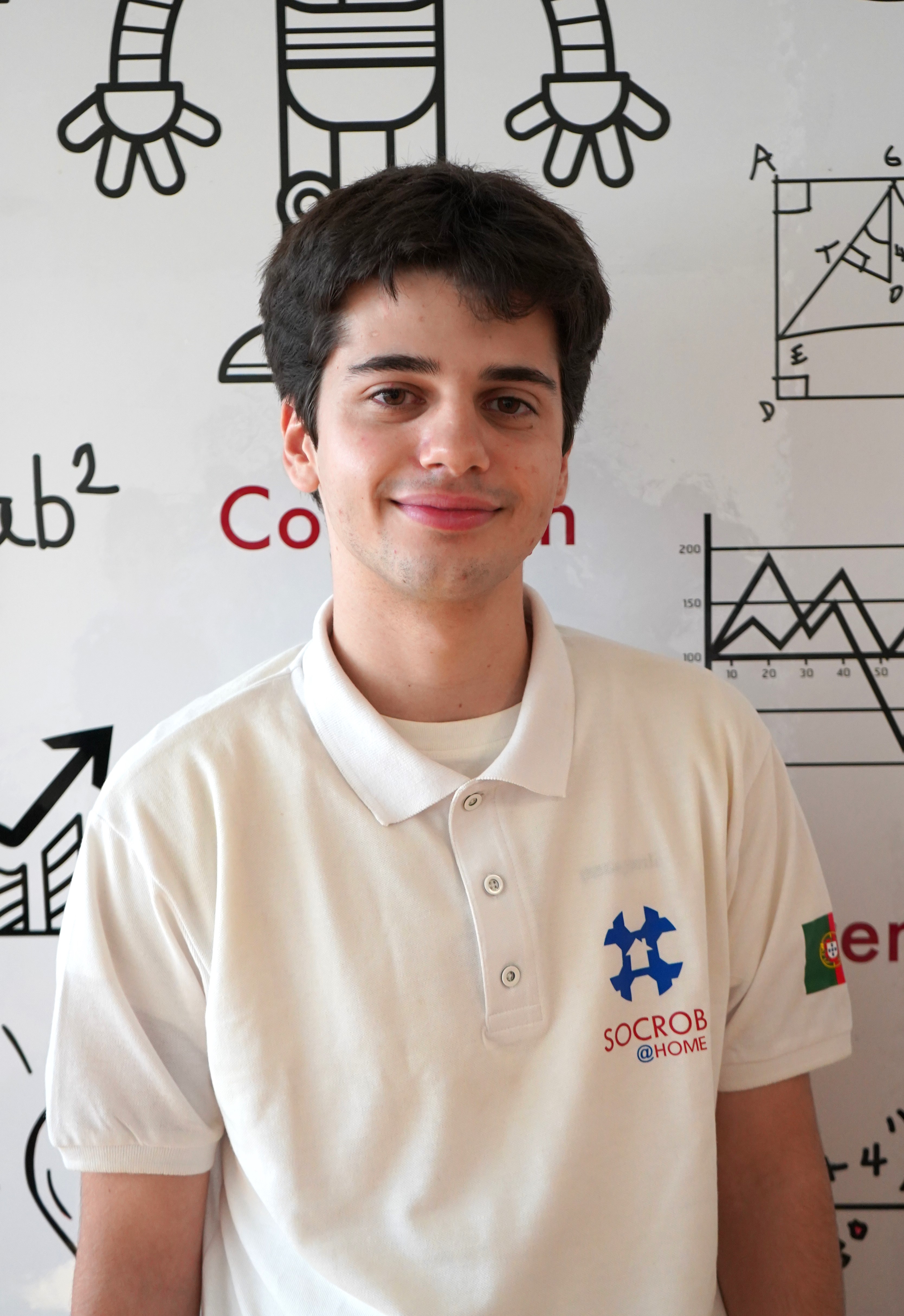
Carlos Azevedo (Post-doc)
Aamir Ahmad (Post-doc)
João Messias (Post-doc)
Meysam Basiri (Post-doc)
Pedro Miraldo (Post-doc)
Tiago Veiga (Post-doc)
Guilherme Lawless (PhD Student, Team Leader)
Oscar Lima (PhD Student, Team leader)
Enrico Piazza (PhD Student)
Francisco Lera (PhD Student)
Tiago Dias (PhD Student)
Filipe Jesus (Research Engineer)
João Mendes (Research Engineer)
Jhielson Pimentel (Researcher Engineer)
Mithun Kinarullathil (Researcher Engineer)
Ana Rita Carvalho (MSc Student)
André Farinha (MSc student)
André Mateus (MSc Student)
Carolina Loureiro (MSc Student)
Diogo Maximino (MSc Student)
Diogo Pires (MSc Student)
Emanuel Fernandes (MSc Student)
Inês Alexandre (MSc Student)
João Barroca (MSc Student)
João Cartucho (MSc Student)
João Cerejeira (MSc Student)
João Garcia (MSc Student)
João Gonçalves (MSc Student)
João O’Neill (MSc student)
João Pereira (MSc Student)
José Iglesias (MSc Student)
Luis Luz (MSc Student)
Raphael Colcombet (MSc Student)
Maria Braga (MSc Student)
Miguel Silva (MSc Student)
Nuno Mendes (MSc Student)
Pedro Resende (MSc Student)
Pedro Santos (MSc Student)
Ricardo Simas (MSc Student)
Rute Luz (MSc Student)
Soraia Ferreira (MSc Student)
Tomás Ribeiro (MSc Student)
Verónica Spelbrink (MSc Student)
Vicente Pinto (MSc Student)
Diogo Serra (Lab Technician)
Dmytro Kotenko (Technician)
Tiago Cardoso (Lab Technician)
Previous Robot: ISR-CoBot
ISR-CoBot was an experimental platform for research in Human-Robot Interaction (HRI). A service robot for office environments, it was designed to perform tasks for users. The research was targeted towards a robust platform capable of navigating in crowded environments, to create robots that were aware of their own limitations and are thus capable to autonomously asking humans for help.
The platform resulted from an ongoing collaboration with the CoBot project at Carnegie Mellon University, based on a customized Nomadic Scout differential drive platform. The equipment included a touchscreen on a laptop for HRI and computing, an Hokuyo UTM-30LX laser range finder (range 30m), a Kinect RGB-D camera, and an IP PTZ camera.
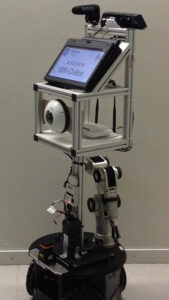
The TIAGo Steel robot is equipped with a differential-drive base. It has a front laser range-finder and rear sonars which are used for mapping, navigation, and obstacle avoidance. It has a 7 degree of freedom arm with a parallel gripper as end-effector and a lifting torso that allows it to reach higher. In addition it has a speaker and stereo microphone useful for human-robot interaction and an RGB-D camera positioned in the head for object detection and localization, people tracking, obstacle perception and visual servoing.
TIAGo is continuously developed and tested at the ISRoboNet@Home Testbed.

Previous Robot: MBot
The MBot is composed of two main parts: body and head. The head can pan and has LED backlight to express emotions through a drawn mouth, eyes and checks. The body has all of the CPU devices (two motherboards with i7 processors), a touchscreen and all of the navigation mechanics, based on a Four-Wheel Omnidirectional Mecanum drive.
Regarding additional sensors and actuators needed specifically for @Home competitions, a Cyton 1500 Robai Arm with 7 DoF was attached to the left side of the body for manipulation capabilities and a microphone was placed on the top of the head for voice recognition.
The MBot is continuously developed and tested at the ISRoboNet@Home Testbed.
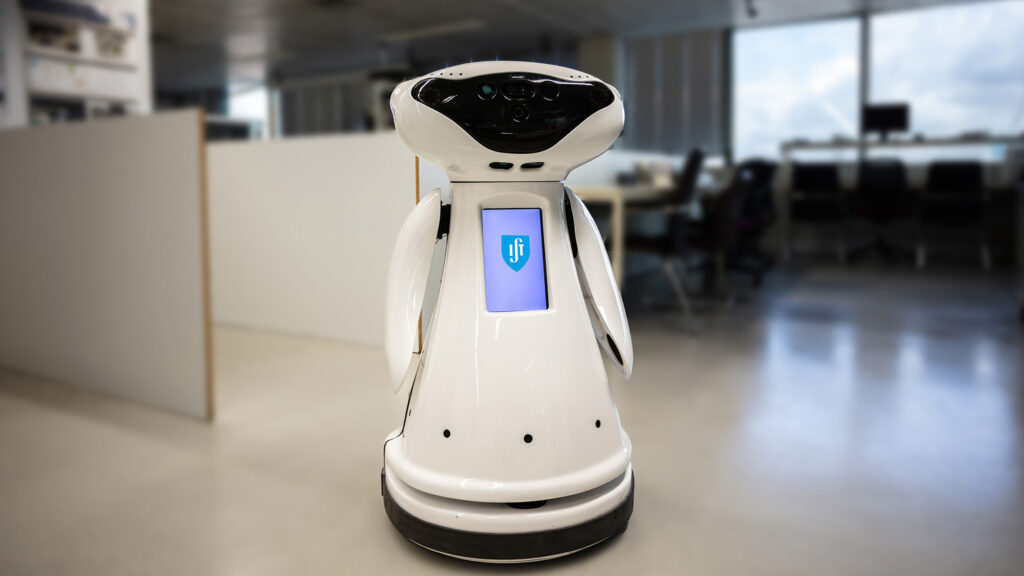
05-07 May 2017 – RoboCup German Open 2017 (Magdeburg, Germany), 5th place.
30-4 July 2016 — RoboCup Competition 2016 (Leipzig, Germany), participated and got a nice experience!
In the SocRob@Home Youtube channel, you’ll find many videos of demos, participation in International and National competitions, or even relevant events such as the Mbot interacting with the President of Portugal.
You can also see many photos that are taken during competitions and other demos, like the latest album from RoboCup 2018.
Follow the team on Facebook and Instagram. You can also keep track of the team’s blog, to be a part of the latest developments and achievements.
Pedro Lima
pedro.lima (at) tecnico.ulisboa.pt
+351 21 841 8289

Are you looking for an amazing experience with real robots in a team environment, while contributing actively for state-of-art research and gaining personal experience that will prove fruitful to your academic and professional future?
If you’re interested in joining SocRob, please send an email to socrob-info (at) isr.ist.utl.pt, or directly contact the responsible, stating who you are, your motivations, your academic background and how you would contribute to this project. Also, check here for more information about our work and some requisites.